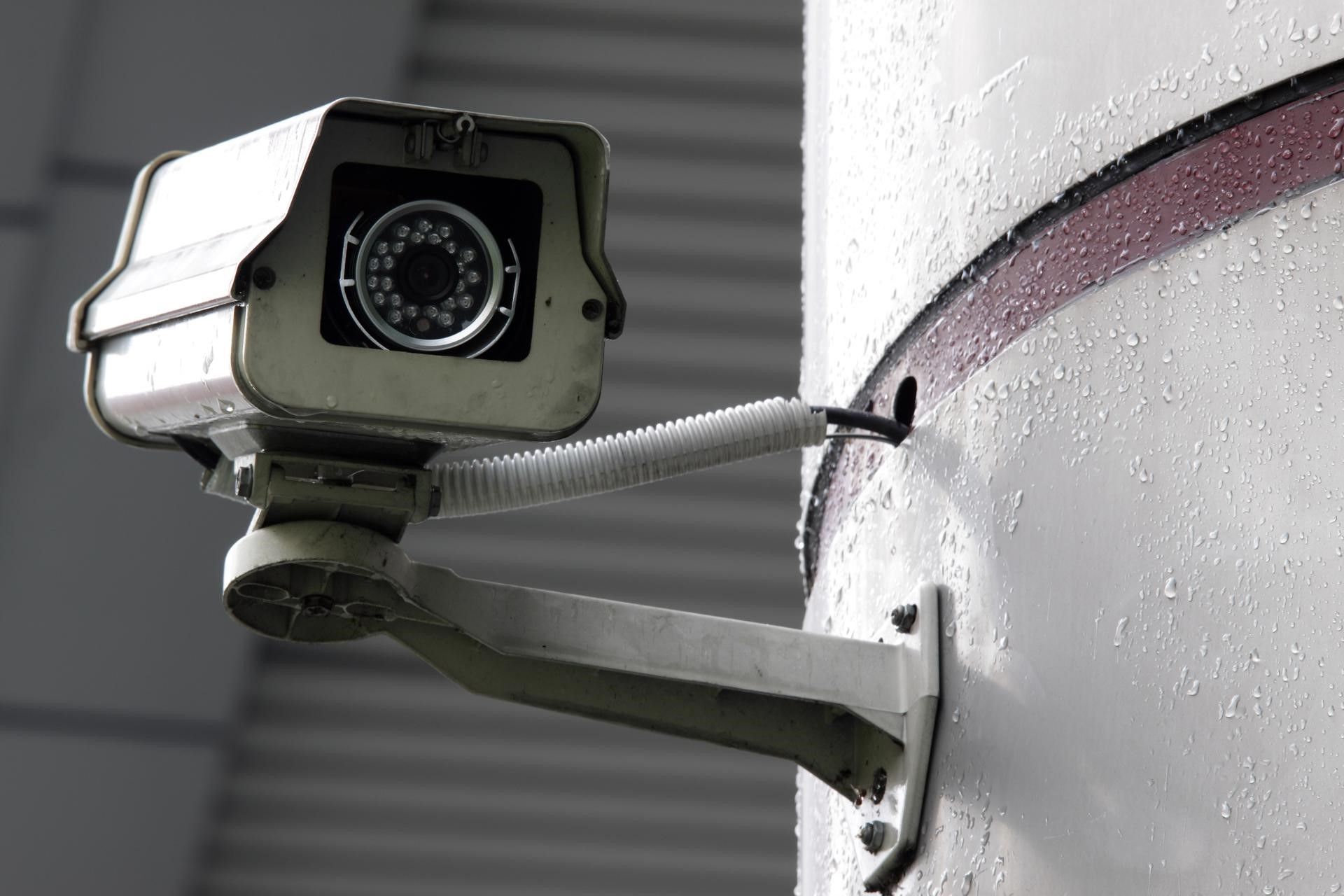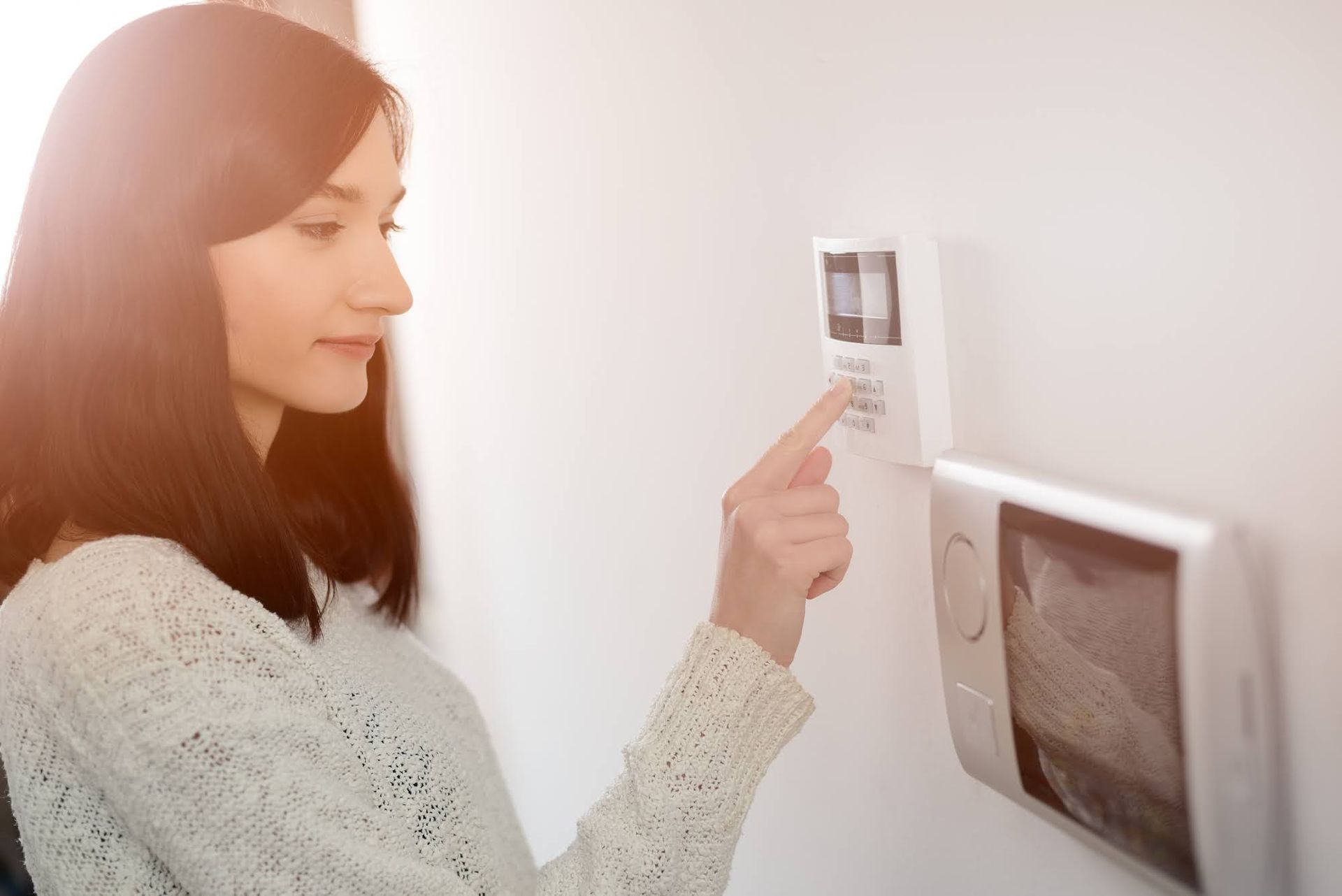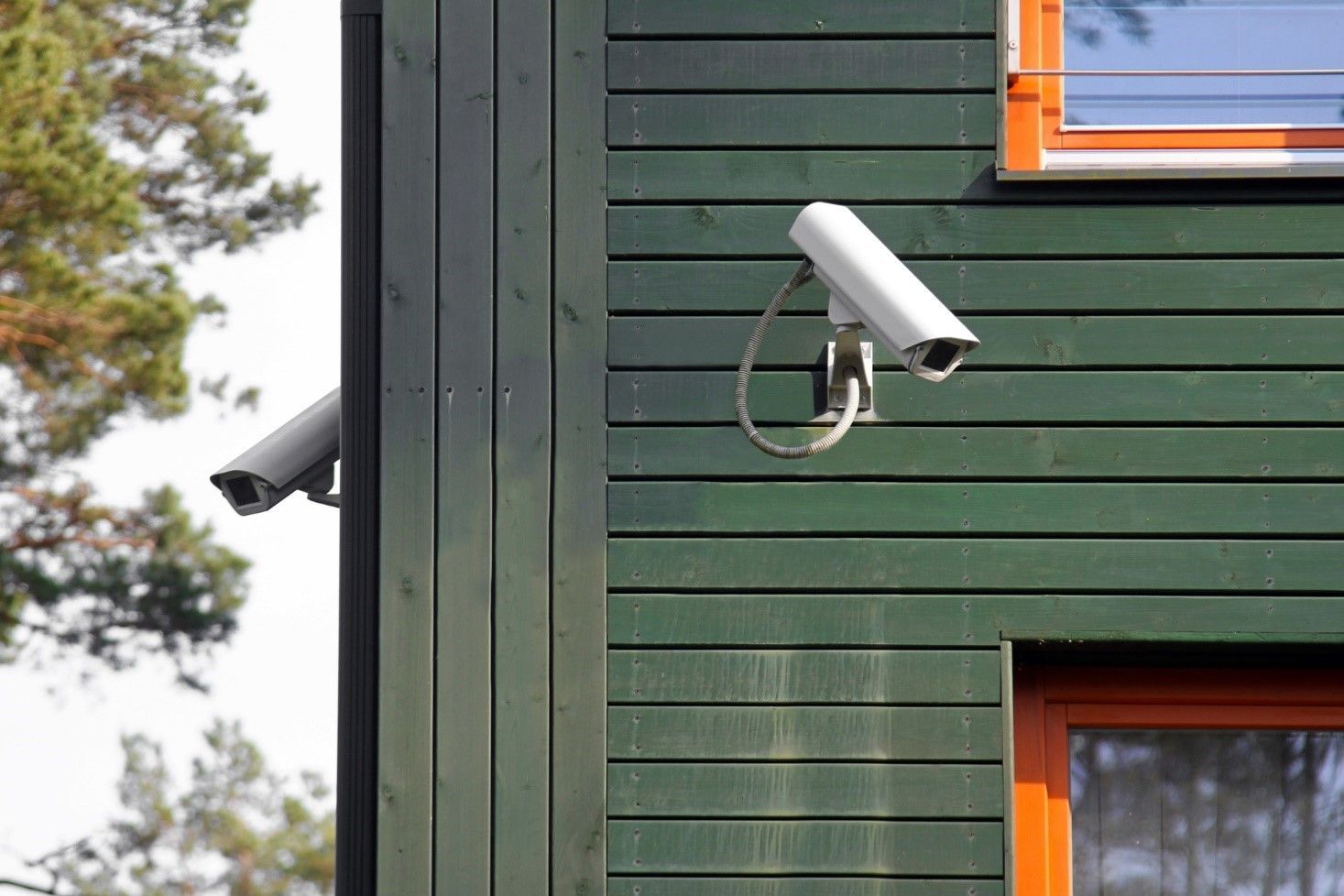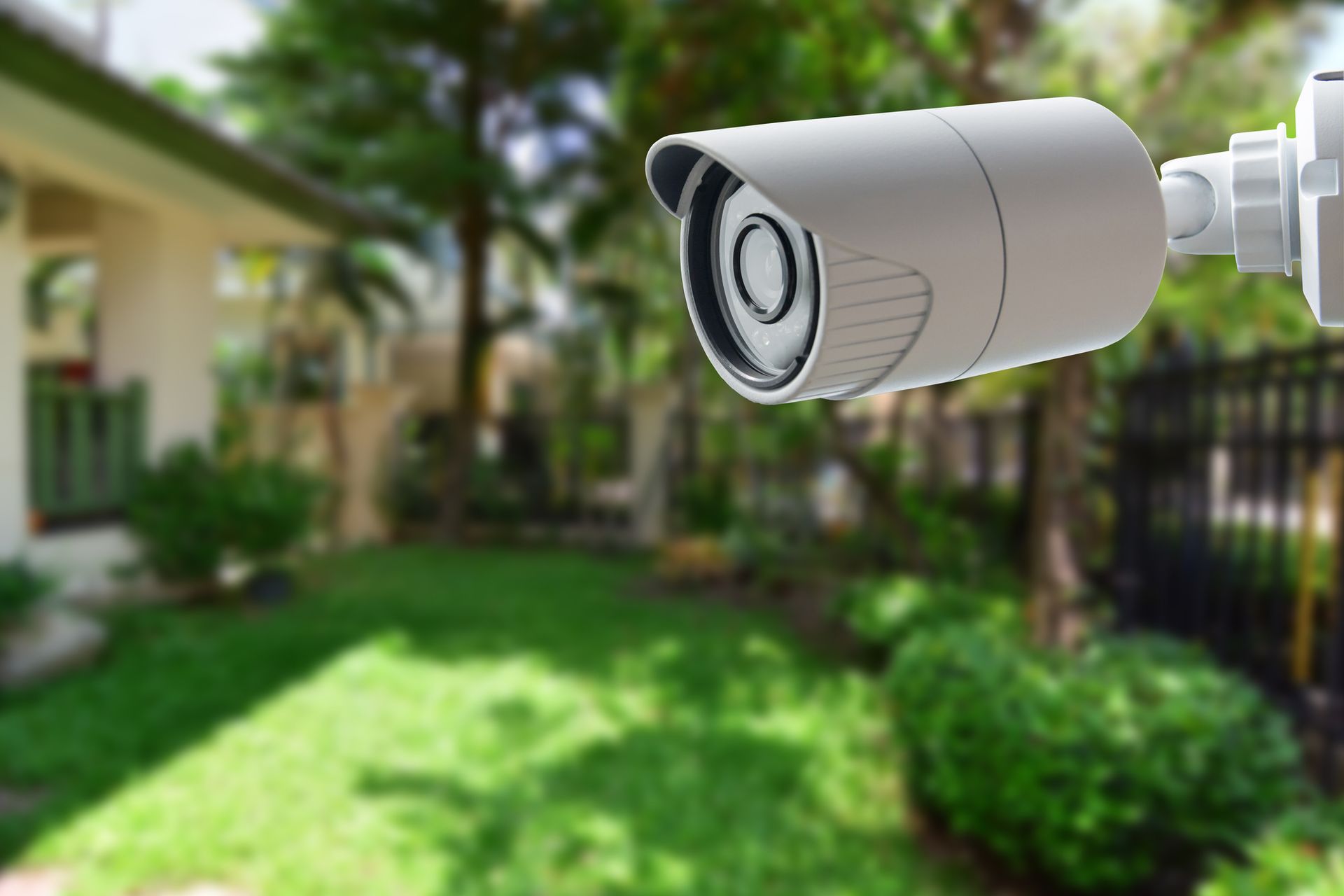Wired Vs. Wireless Security Systems: Which Best Meets Your Needs?
- By Admin
- •
- 31 Aug, 2021
- •
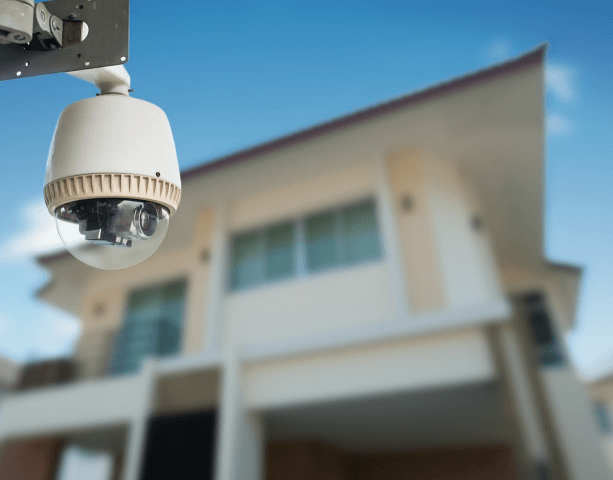
A home security system can be either wireless or wired. Each of the two has unique advantages over the other. When deciding which security system you need, understand the two options well. Each system has its purpose, and understanding its uniqueness will help you choose the security system that is best for you.
When talking about wired or wireless
security, the following are what to consider.
Installation
A wired security system connects cameras and sensors around the house to the control center through wires. With a wired security system, you have to lay the cables in the walls and floors to be discreet. Unlike a wireless security system, a wired one will need extra installation work.
A wireless system installation is
often much easier because you don't have to connect it to the control center by
wires. The wireless system is quicker and easier to set up from scratch. Much
of the installation involves mounting the accessories and linking them to the control
center.
Cost
The installation cost of a wired system is usually much higher, mainly because of labor costs. The average price of a wired security system is $120-$600.
The wired security system requires high initial capital. The maintenance cost of the system, however, is low, and its parts are generally less expensive. With a wired security system, you don't need to worry too much about equipment maintenance.
The installation cost of the wireless system is lower in comparison to a wired system. However, the wireless system heavily relies on batteries, which you have to replace from time to time.
In the end, wired systems are often
cost-effective, while wireless systems distribute costs more evenly.
Flexibility
With time, you may want to add more accessories to beef up your home security system. Adding more sensors and other accessories to wireless systems is a simple task. You can also upgrade your wired system accessories, but this is more complex.
That said, a wireless system provides more opportunities for upgrades. A wireless system gives you more ways to customize and configure the system according to your security needs.
The system flexibility allows
homeowners to move or add the sensors easily. You can also synchronize wireless
systems with other home automation features such as smart locks and lighting.
Reliability
Wired systems are more reliable than wireless systems. Wired systems are difficult to disrupt unless you have a case of vandalism or power outage.
Wireless technologies are susceptible to interference. The systems are more likely to experience signal quality issues.
Any interruption may cause the
wireless system to stop transmitting signals to the control center. Such
occurrences can be frustrating and potentially dangerous.
Range
Wireless security systems use radio frequencies that are only effective within a certain radius. Nevertheless, you can still use an optical antenna to increase the wireless signal and extend the range. You, therefore, have to structure your system with this in mind.
Wired systems don't have radius limitations like wireless systems. A wired security systems sensor doesn't need to be at a certain distance from the control center for it to work. The cord length is the limiting factor for a wired system's radius. The system can, therefore, cover a larger area on your property.
Before configuring any security system, first assess the current security of your property. Wired and wireless security systems are a great way to secure your home. Make sure to weigh all the pros and cons before making a decision. The size of your property and security needs ultimately determine which system is most suitable for you. Contact us today for a free quote.




